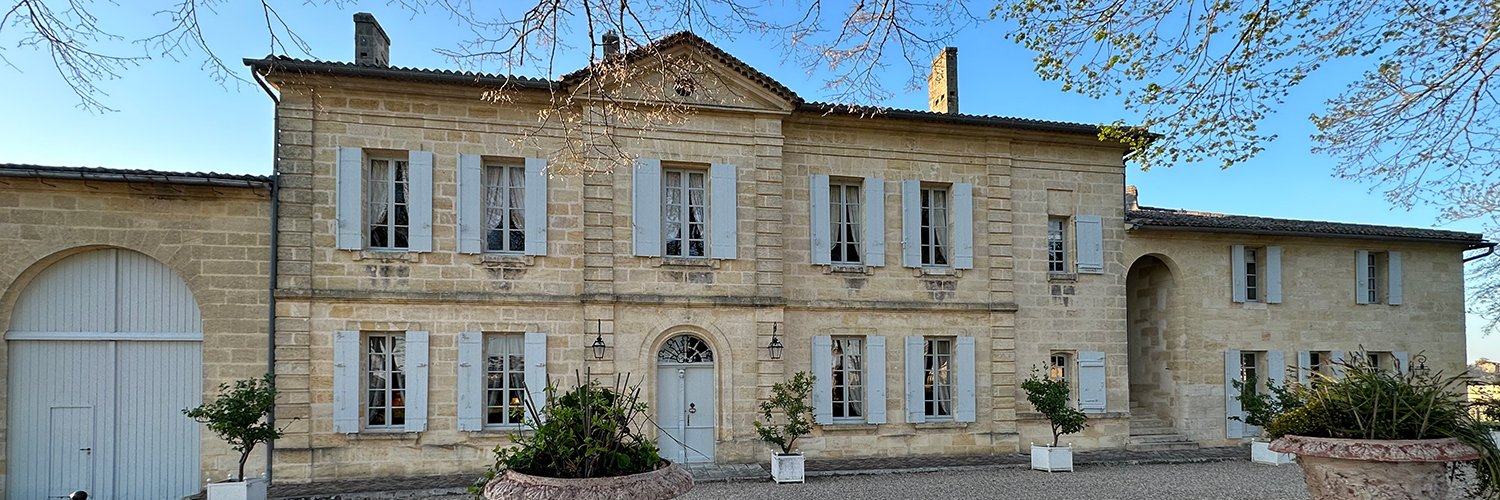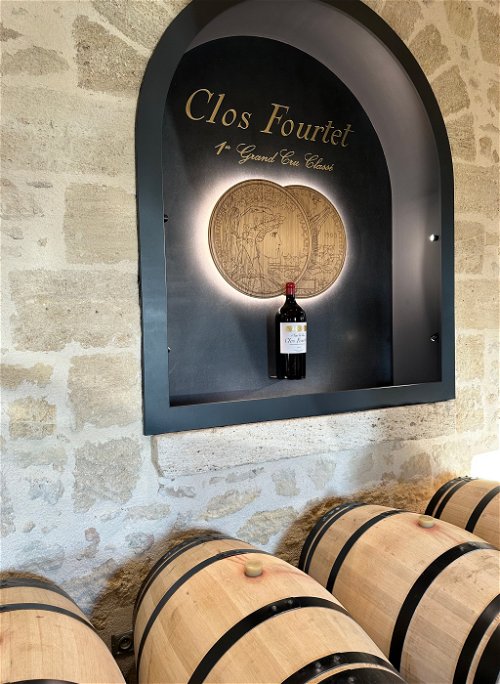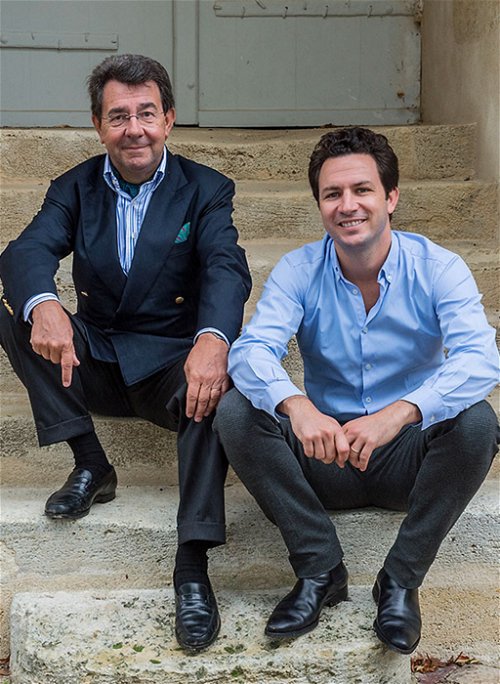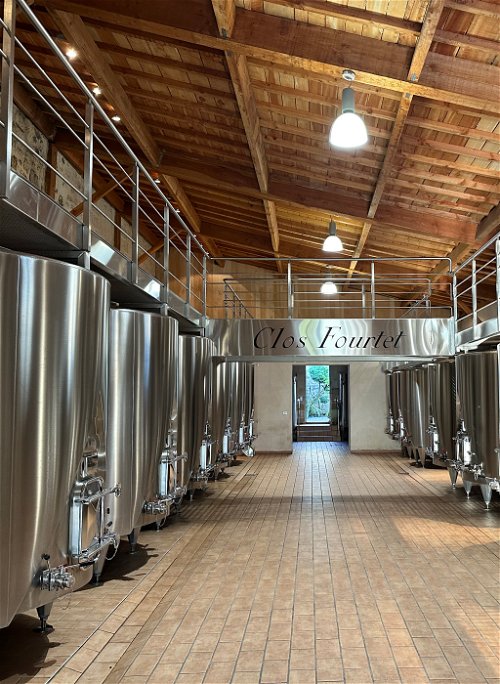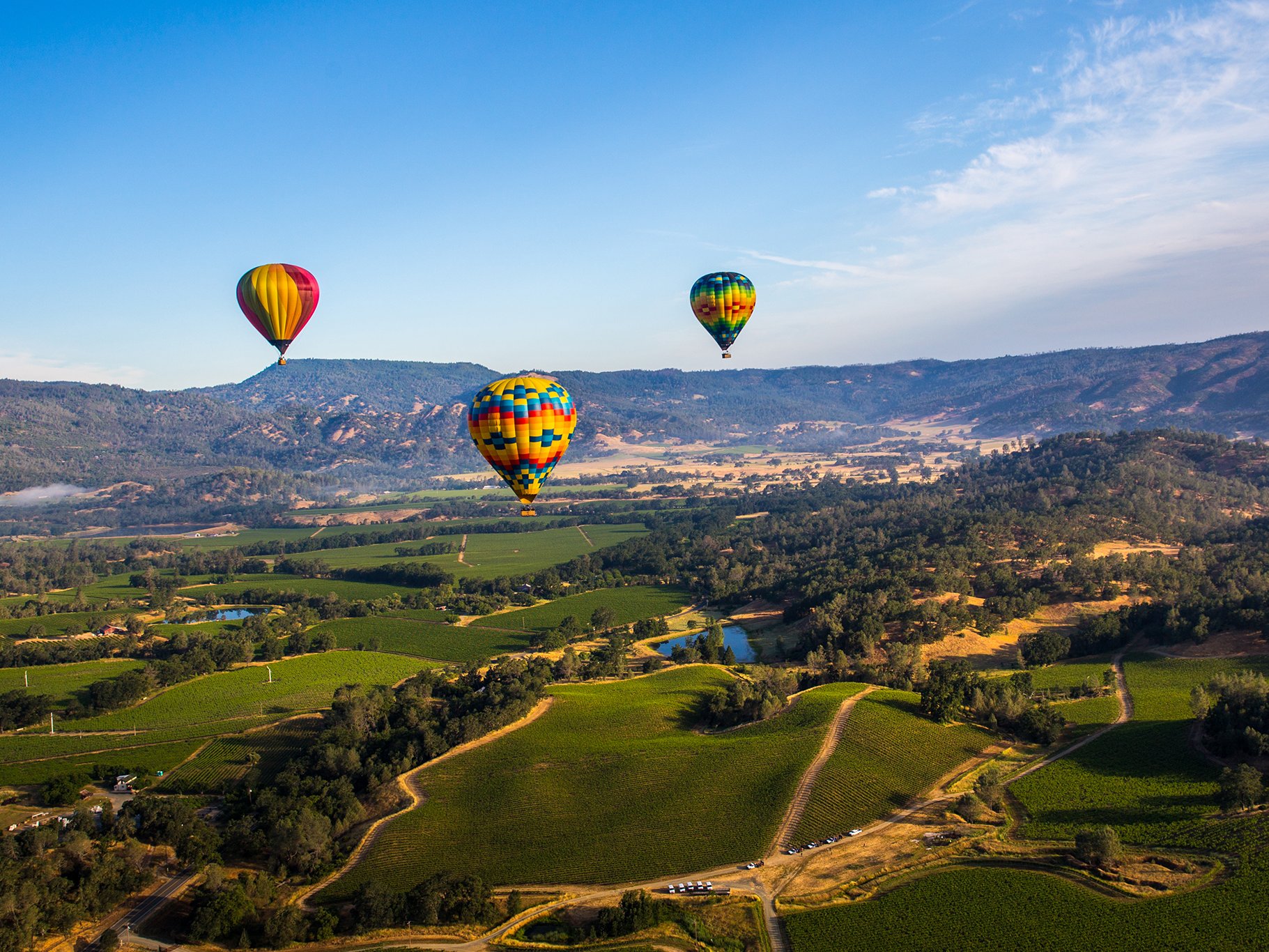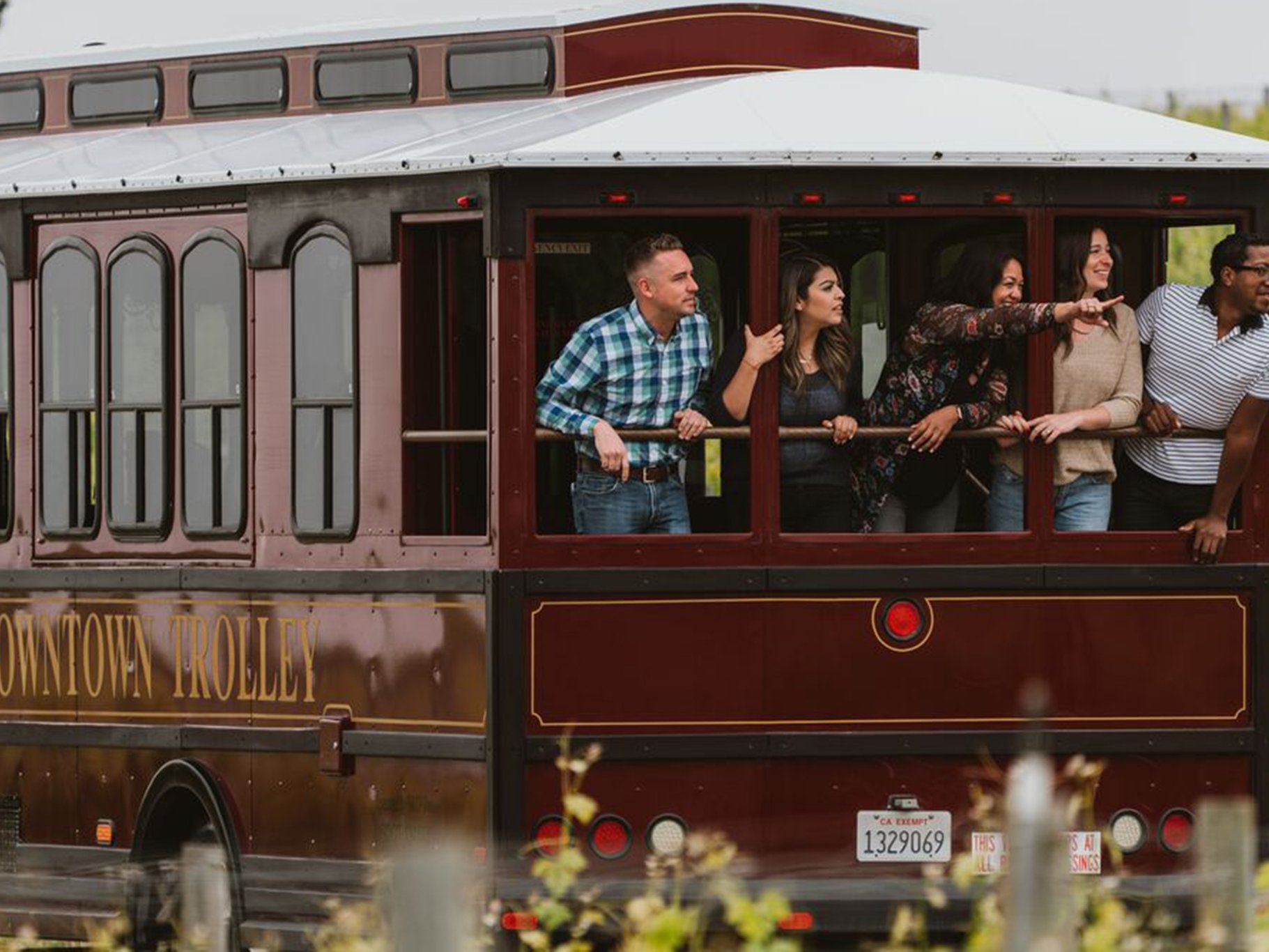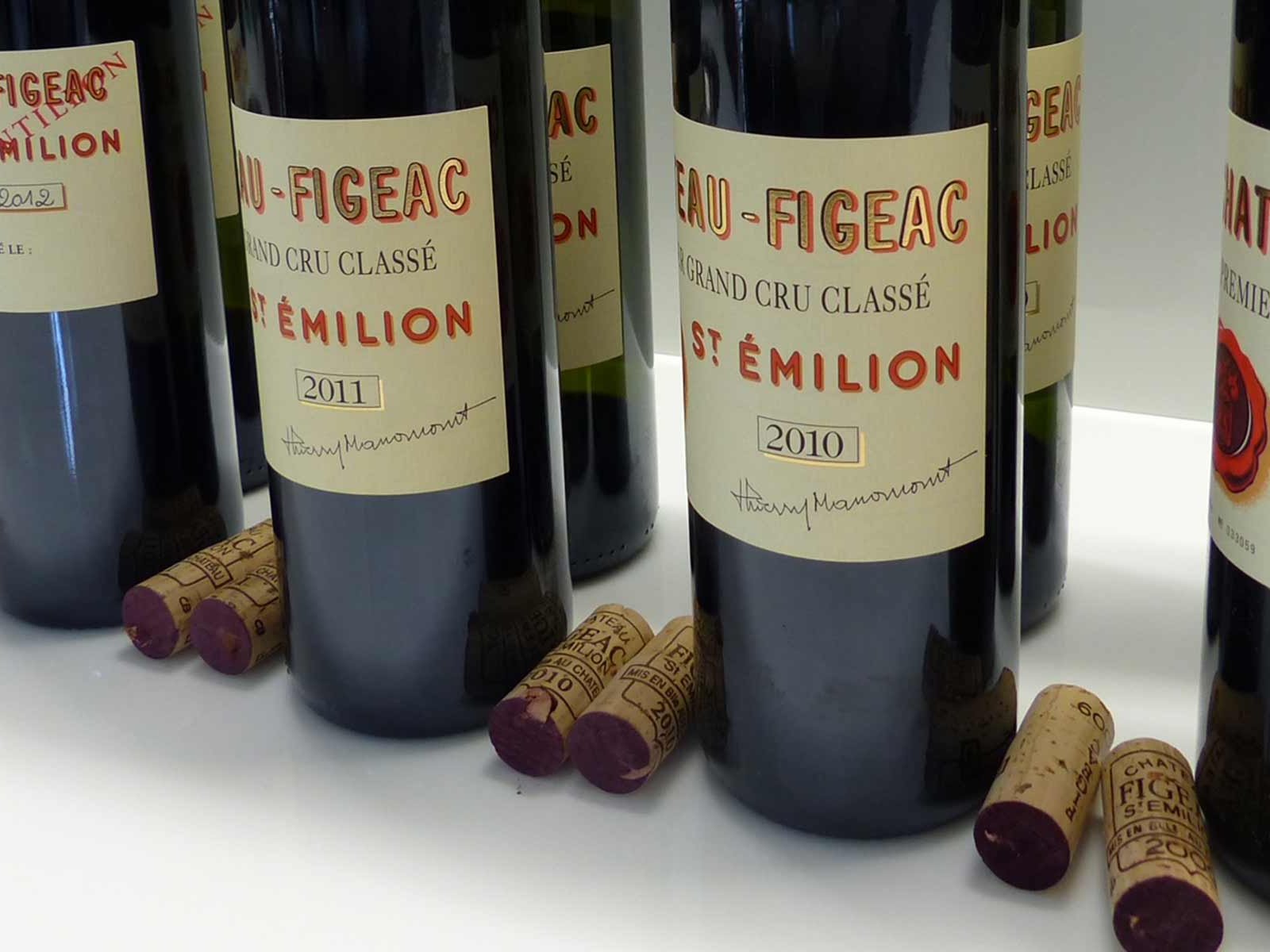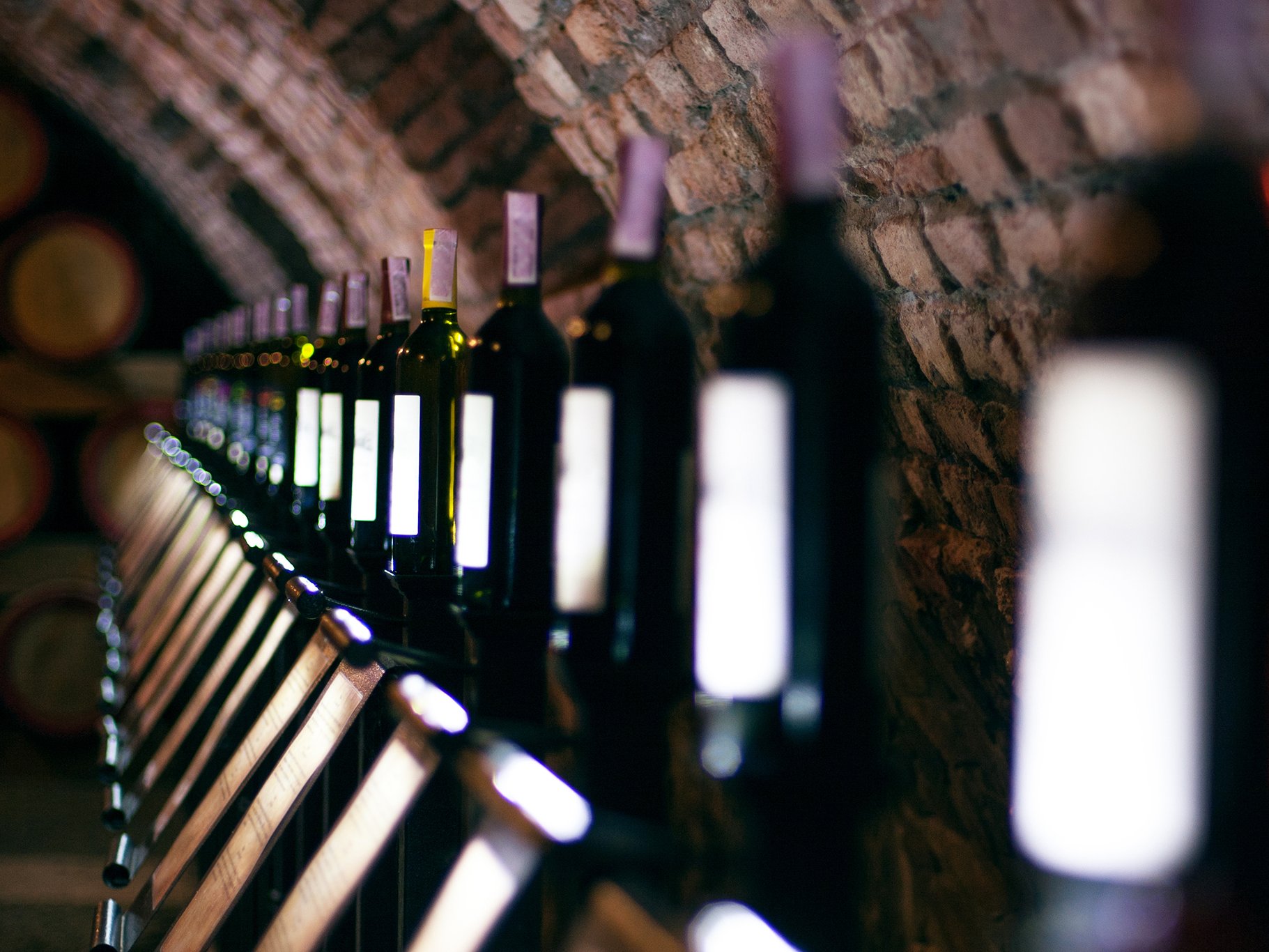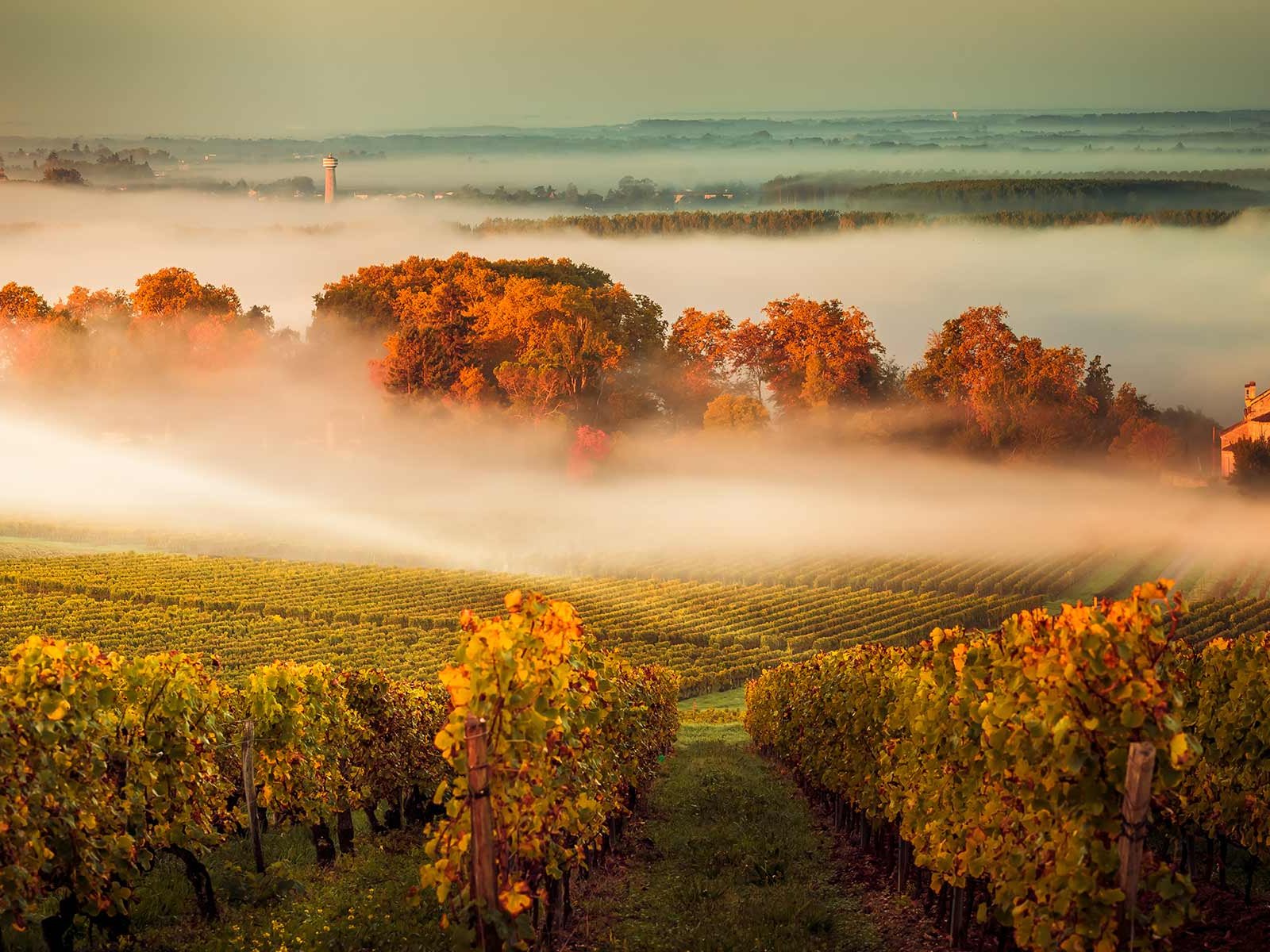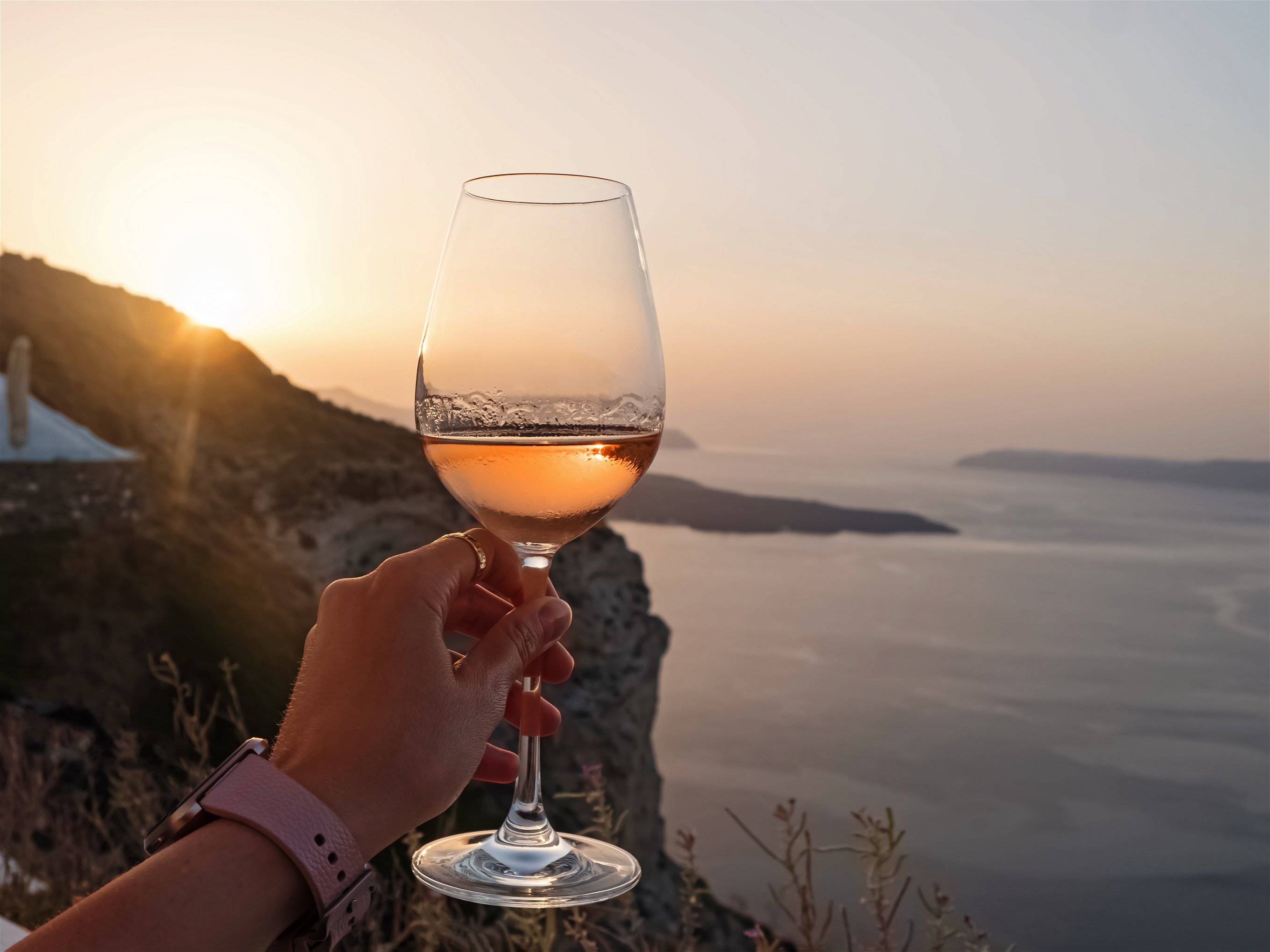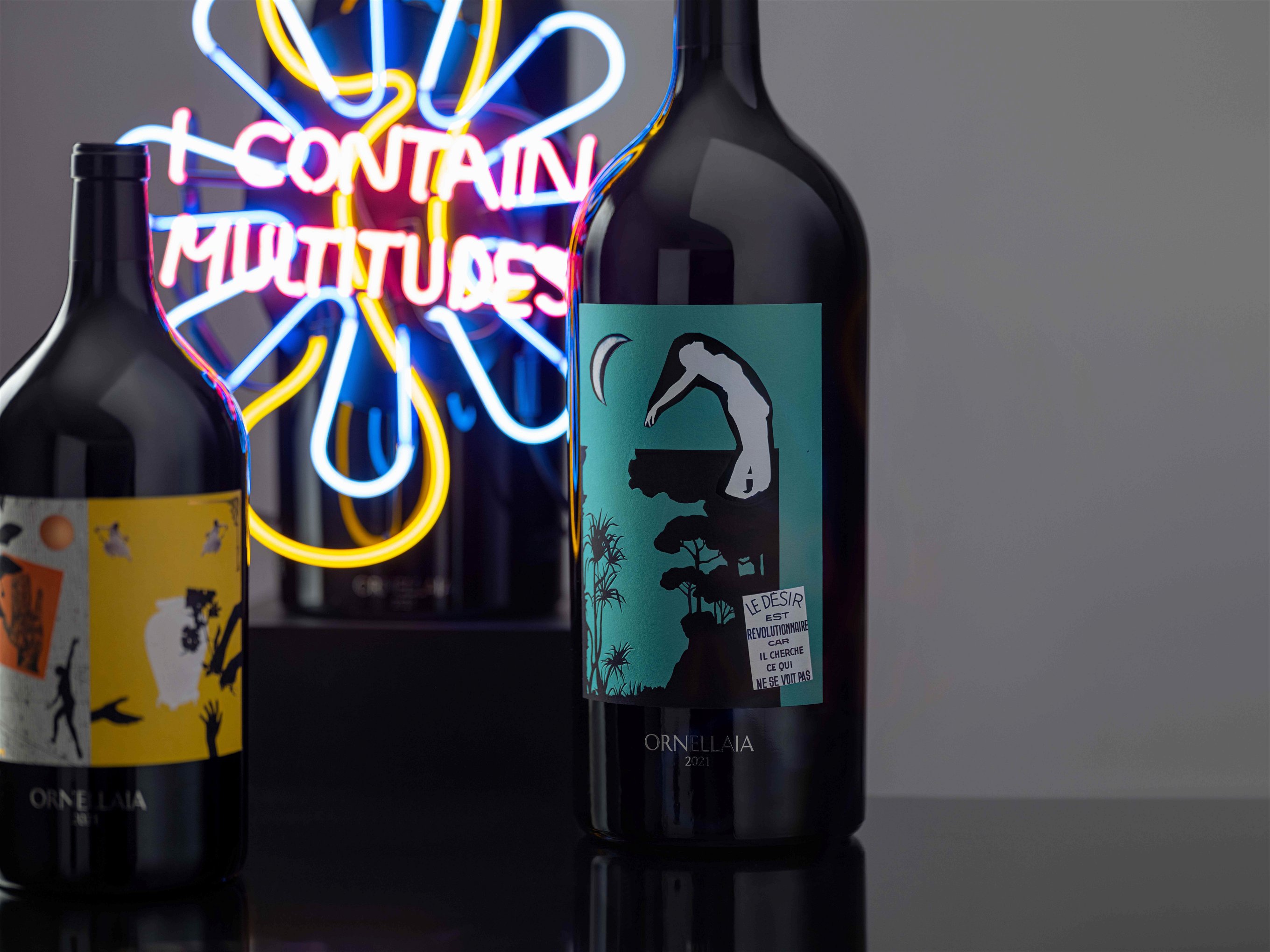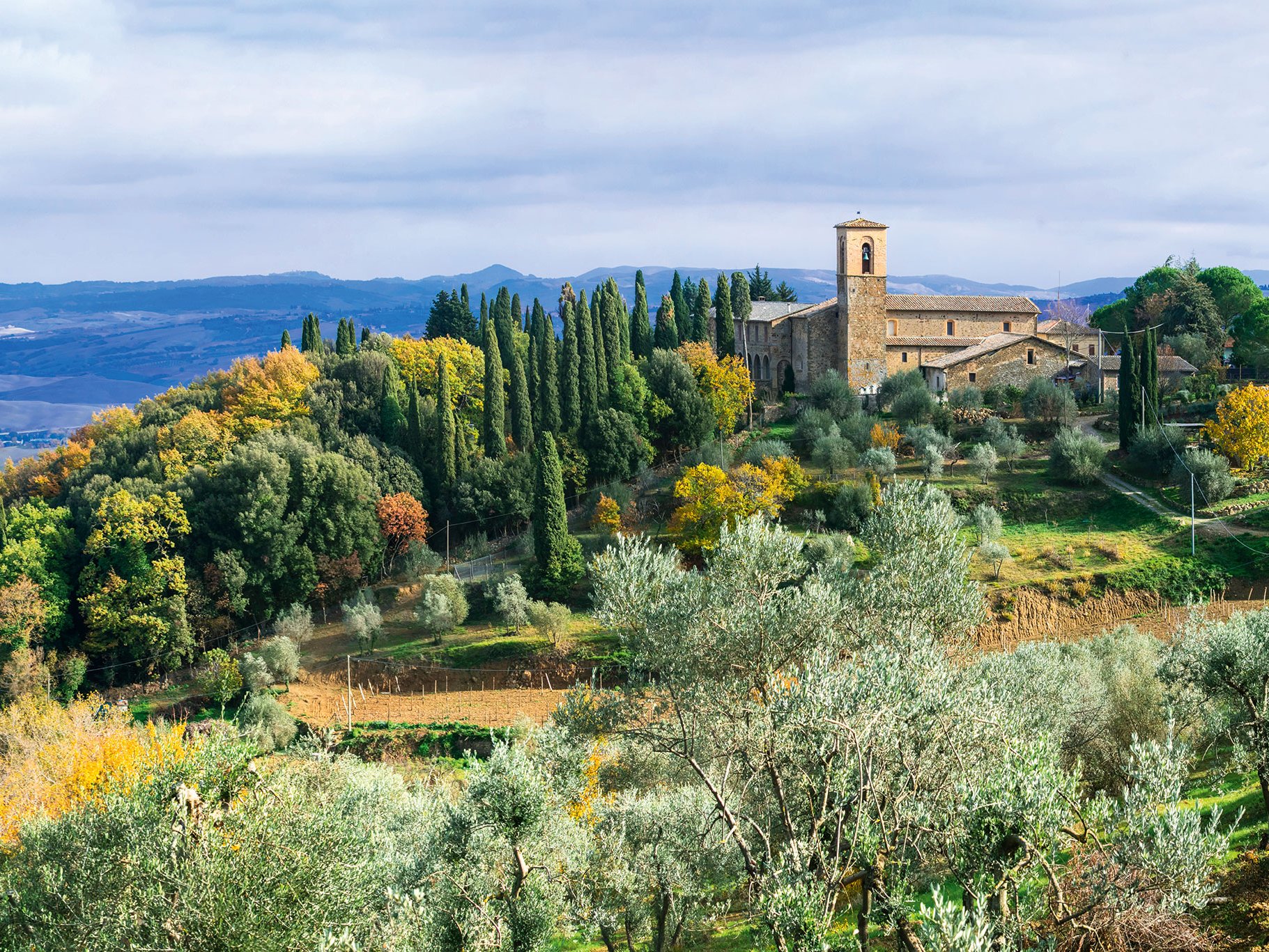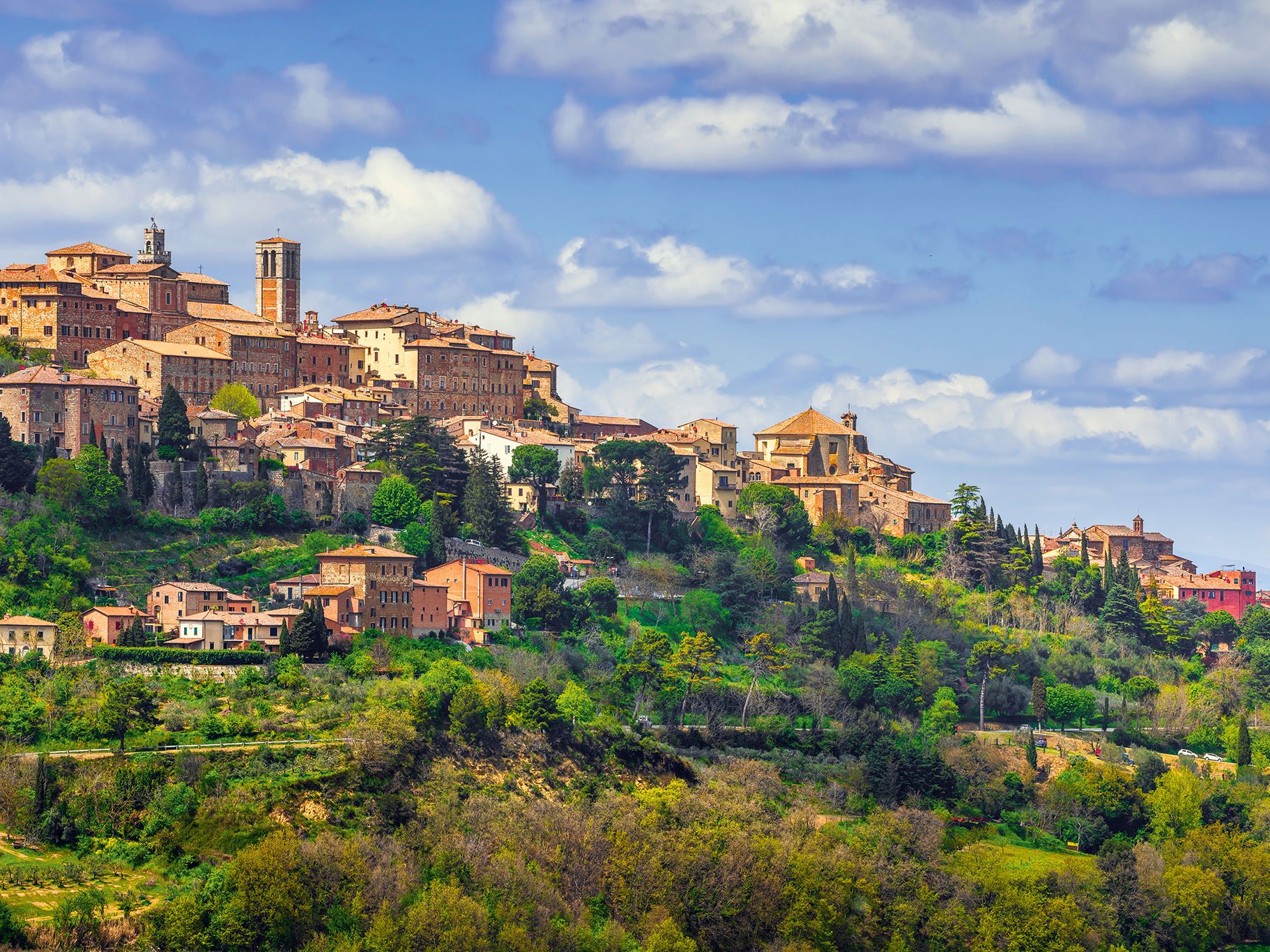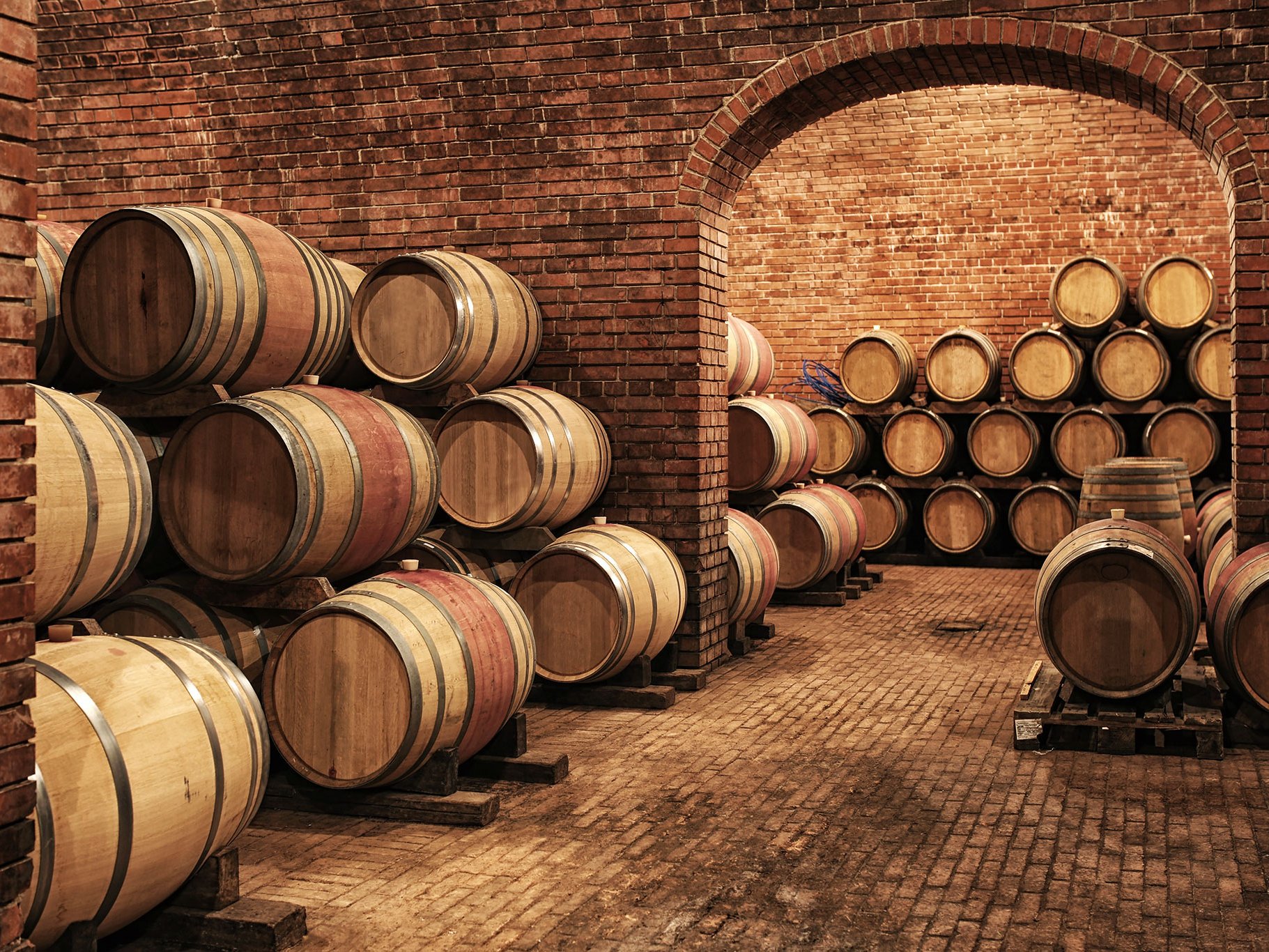Elegance and finesse: Clos Fourtet vertical tasting
In the run-up to the annual En Primeur tasting in Bordeaux, the Cuvelier family invited us to a vertical tasting of their Clos Fourtet in Saint-Émilion.
In 2001, Philippe Cuvelier acquired this jewel in a prime location from the Lurton family. Now was the opportunity to compare twenty vintages from this new era.
Located on the northwest corner just outside the picturesque old town of St. Émilion, opposite the Romanesque collegiate church and the ruins of Grandes Murailles, the estate has been part of the illustrious circle of Premiers Grands Crus of Saint-Émilion since the appellation's classification began in 1954. The name goes back to "Camp Fortet", a military camp that was located on this site during the Hundred Years' War to cover the main gate of the town. By the middle of the 19th century, the wines of Camp Fourtet were already recognised for their quality, and in 1867 the name was finally changed to Clos Fourtet. The reason for this was the Paris World Fair in the same year; gold medals from this fair and the one from 1900 as well as those from the International Exhibition in Bordeaux in 1895 are still proudly displayed on the Clos Fourtet label. With 22 hectares of the best vineyards on the limestone plateau of Saint-Émilion, the estate is a guarantor of high quality, and when the Cuvelier family took over, every effort was made to further develop it. Today, Philippe Cuvelier's son Mathieu is the managing director, with Emmanuel de Saint Salvy at his side as winery manager.
Best results
The best results in the cellar and vineyard are ensured by two of the best advisors you can find for your red wines. Jean-Claude Berrouet was cellar master of Château Pétrus for many years; Stéphane Derenoncourt and his team ensure that the style of Clos Fourtet is characterised by elegance and finesse. In 2008, the Cuvelier family was able to acquire the Poujeaux estate, known for its excellent Cabernet Sauvignon, followed in 2013 by Château Côte de Baleau in Saint Émilion and its direct neighbour Château Les Grandes Murailles. The latter, a Grand Cru Classé with a whole two hectares of vineyards, will now be integrated into the wine of Clos Fourtet in 2022, which gives the Grand Vin a further boost of finesse, but on the other hand is also viewed with a weeping eye, because with it, another jewel disappears from the list of traditional Châteaus in Saint-Émilion, as has often been the case in recent times. Wine lovers will also be looking in vain for Château Pavie-Decesse from 2022 onwards, as it was integrated into Château Pavie this year.
The 22 hectares of Clos Fourtet are cultivated with the greatest care and are treated as a wine garden in the best sense of the word. Merlot is the dominant grape variety, plus 10% Cabernet Sauvignon, which is rather unusual on the limestone plateau of Saint-Émilion and influences the aroma of the wine. There is also some Cabernet Franc on the 28 plots, which is reflected in the current cuvée with just 3%, although it takes up 8% of the vineyards. The vinification takes place in the typical underground cellars. About 40% of the vinification takes place in new barrels, the rest in used barrels and some clay amphorae. The winery prefers a Burgundian-style pigeage to allow for the most precise and careful extraction possible and to optimally bring out the multi-faceted aromatic profile of the terroir.
Framed by a wall
The average yield per hectare at Clos Fourtet is around 33 hectolitres per hectare, and so some 2,500 to 5,000 cases of the Grand Vin can be offered each year. The second wine bears the name "La Closerie de Fourtet". On the occasion of the 20th anniversary, the 2022 vintage was presented en primeur, which can be recommended to wine lovers with the best conscience, because this is certainly the best wine that has ever been produced in these venerable cellars.
PS: Clos Fourtet is not called a château because its vineyards are framed by a wall and not because there is no château here - on the contrary, this one is magnificent and lies idyllically framed by the vines. Director Gilles Legrand shot the film "You will be my son" in this setting in 2011.
